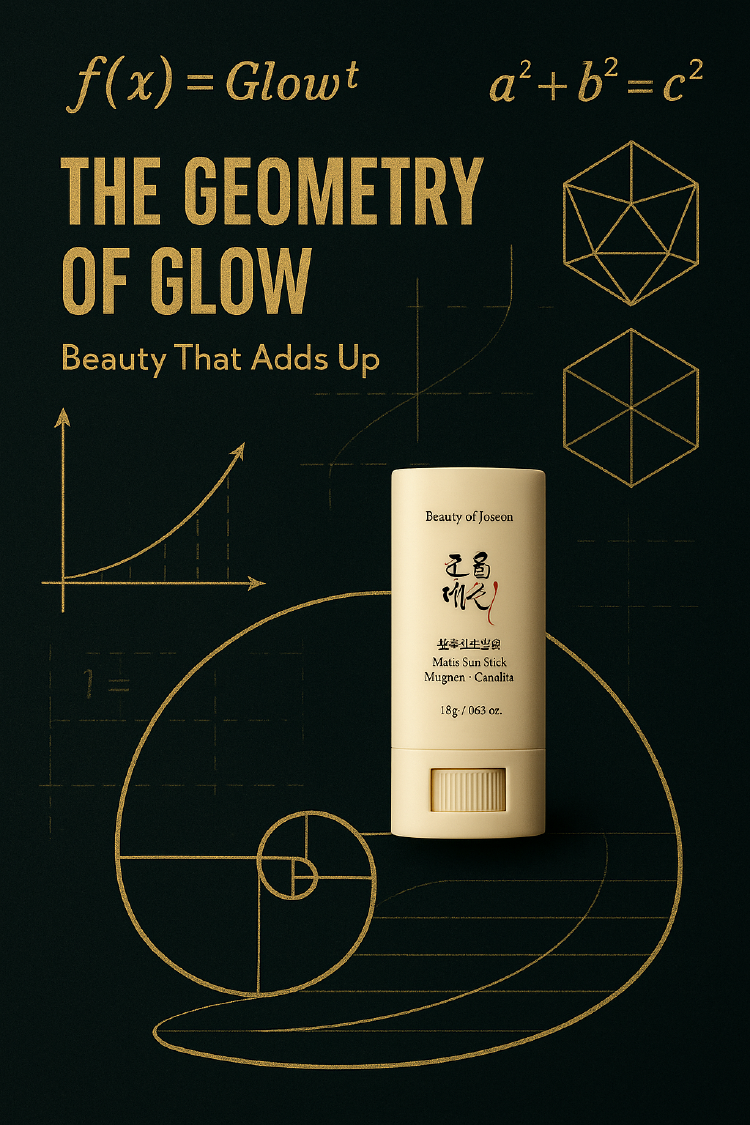Beauty of Joseon Advertising Under Scrutiny: What Real Users Say
Recent controversy surrounding Beauty of Joseon's advertising images sparks debate. We look at the claims, the user feedback, and navigating skincare marketing.

- Seo Yuna
- 3 min read

Beauty of Joseon Advertising Under Scrutiny: What Real Users Say
Beauty of Joseon has become a popular name in the K-Beauty scene, celebrated for its traditional Korean-inspired formulas and effective products. However, a recent online discussion brought attention to concerns regarding the authenticity of some of the brand’s promotional imagery.
The core of the issue involved a widely circulated before-and-after advertisement. Observers pointed out striking inconsistencies, suggesting the “after” image was heavily edited. Specifically, details like the placement of individual hairs remained identical between the two photos, and some even noted a suspicious change in the subject’s eyebrow shape in the “after” picture.
Such examples of potentially misleading visuals are troubling. In the skincare world, where consumers invest time and money hoping for tangible improvements, trust is paramount. Seeing images that appear manipulated understandably erodes confidence in a brand and raises questions about the validity of their product claims.
Beyond the Ad: Genuine User Experiences
Despite the controversy surrounding the advertising, conversations among long-term users reveal a different perspective. Many individuals shared enthusiastic testimonials about their positive experiences with Beauty of Joseon products.
Numerous users reported significant improvements in their skin after incorporating the brand’s items into their routines. For example:
- One person described the Calming Green Tea Serum as genuinely effective.
- The Centella Sheet Masks were hailed as essential for those with highly sensitive or reactive skin, including conditions like rosacea and facial eczema.
- Notably, an individual struggling with acne for two decades credited a complete routine change to Beauty of Joseon products for finally achieving clear skin. They also highlighted the Vitamin C Serum for noticeably reducing hyperpigmentation.
This stark contrast between questionable marketing and positive user results is not uncommon in the beauty industry. It underscores the challenge consumers face in distinguishing between promotional hype and actual product performance.
Navigating Skincare Marketing: A Consumer’s Guide
The Beauty of Joseon situation serves as a valuable reminder for consumers. While advertising can introduce you to new products, it’s essential to look beyond polished campaigns:
- Seek varied perspectives: Don’t rely on a single source. Look for reviews and experiences shared by a wide range of individuals.
- Find relatable feedback: Pay special attention to testimonials from people who have similar skin types and concerns as you.
- Educate yourself on ingredients: Understanding what ingredients do and whether they are suitable for your skin can help you assess product claims more critically.
Ultimately, while the advertising practices of any brand should be transparent and ethical, the positive experiences reported by many individuals suggest that Beauty of Joseon products may indeed be effective for some users. Consumers are encouraged to conduct thorough research and consult multiple sources when making informed decisions about their skincare journey.
Unlock Your Healthiest Skin – Backed by Science and Personalization
Cosmi is your personal AI cosmetologist — offering tailored skincare recommendations and expert advice based on your unique skin type, concerns, and goals.
Visit Cosmi